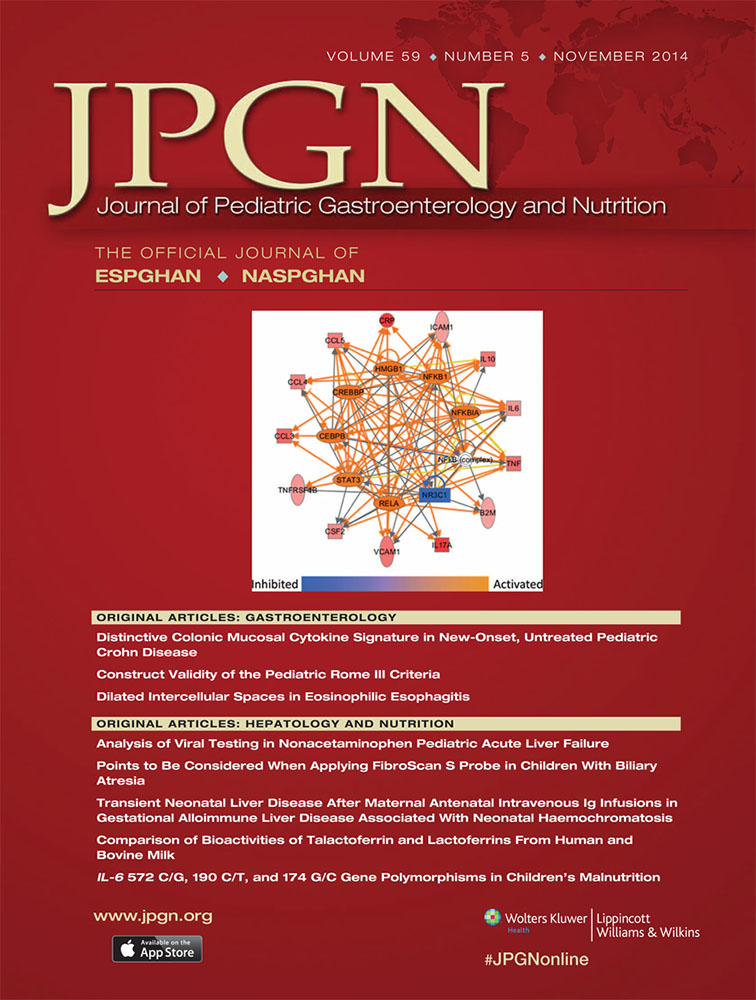Long-Term Experience With ZENPEP in Infants With Exocrine Pancreatic Insufficiency Associated With Cystic Fibrosis
Data from this article were presented via poster 531 at the North American CF Conference in Orlando, Florida, October 11–13, 2012.
The authors report no conflicts of interest.
ABSTRACT
The objective of our study was to determine whether infants with cystic fibrosis who developed exocrine pancreatic insufficiency in early infancy would tolerate long-term treatment with ZENPEP (pancrelipase) delayed-release capsules, containing 3000 US Pharmacopeia units of lipase/capsule, and demonstrate consistent long-term growth. The most common treatment-emergent adverse events were diarrhea, vomiting, and constipation (mild or moderate). At study completion, median weight-for-age percentiles increased from 22nd to 49th, median length-for-age percentiles increased from 36.5th to 42nd, and median weight-for-length percentiles increased from 41.5th to 55.5th. Long-term treatment (up to 12 months) of infants with exocrine pancreatic insufficiency owing to cystic fibrosis with ZENPEP was well tolerated and associated with improved growth parameters. This is the first long-term study of pancreatic enzyme replacement therapy conducted in this patient population.




